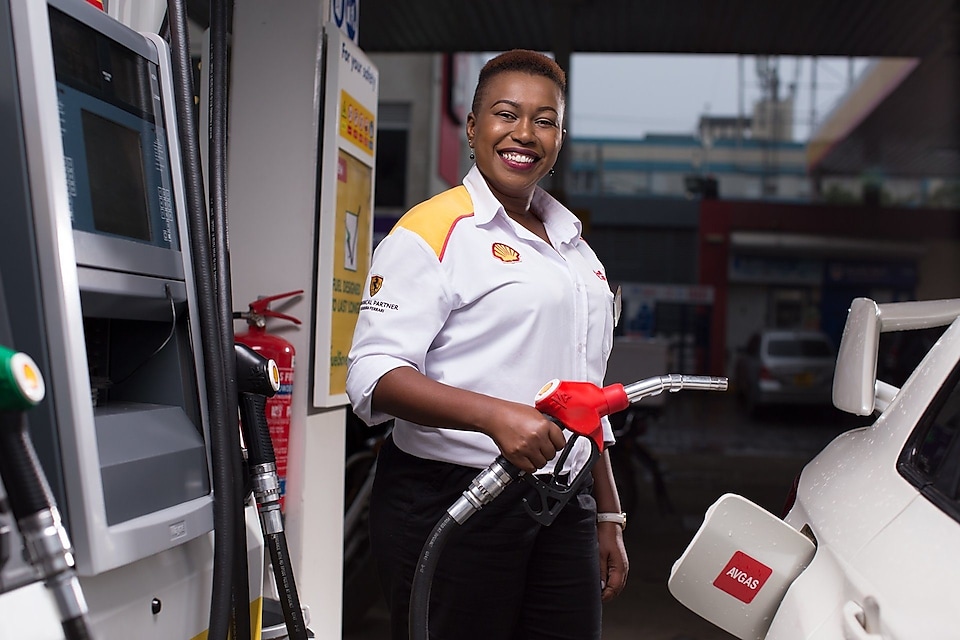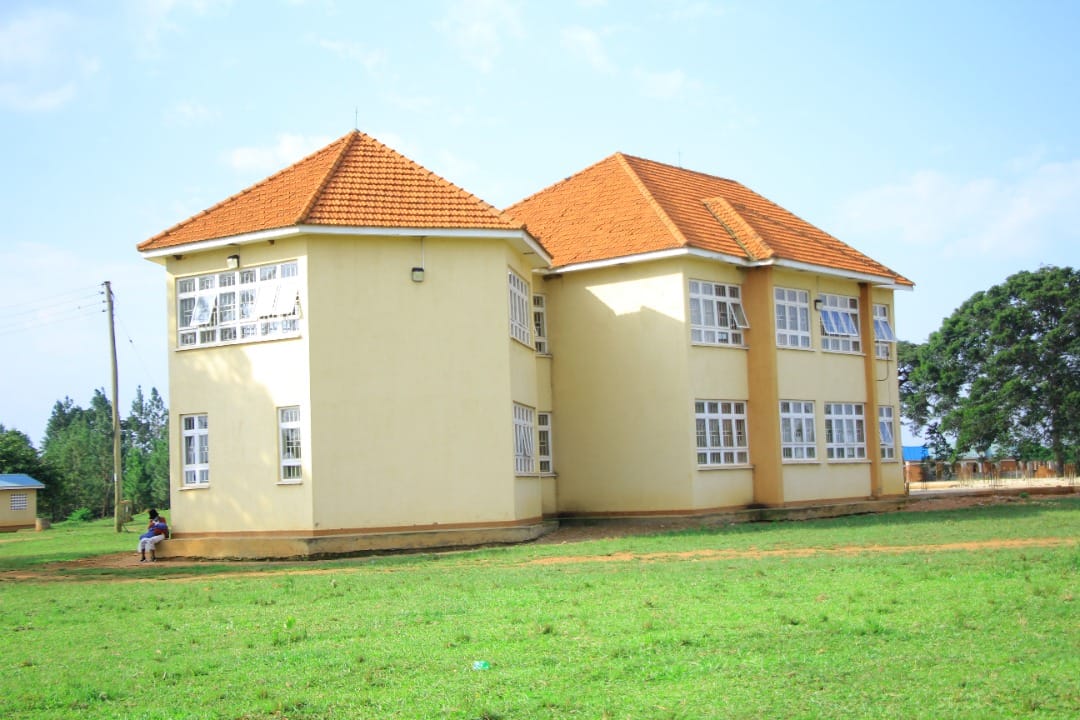Stakeholders and leaders from various districts within the Tooro sub-region have voiced their concerns over the proliferation of fuel stations, urging regulatory bodies such as the Ministry of Energy and Mineral Development and the Uganda National Bureau of Standards (UNBS) to enforce stricter standards. The call for regulation stems from worries that many fuel stations in rural areas fail to meet required safety and operational standards, posing potential risks to communities.
During a stakeholders meeting held in Fort Portal City on March 19, Mr. Edgar Mugazi, the Environmental Officer of Bunyangabu District, highlighted the challenges faced by inspectors due to discrepancies between standards set by the Ministry of Energy and those enforced by UNBS. He pointed out instances where licensed stations in his district failed to meet safety requirements, despite being certified by regulatory bodies.
Mr. Julius Bigabwa, the Environmental Officer of Kyenjojo District, echoed these concerns, emphasizing the lack of verified vehicles for fuel transportation to rural outlets. He criticized the centralized nature of monitoring and reporting, attributing non-compliance to the absence of focal persons in districts.
One alarming practice highlighted during the meeting was the use of motorcycles to transport fuel in jerricans to rural outlets, violating safety standards and posing significant risks. Stakeholders questioned the effectiveness of sealing non-compliant stations and raised concerns about the fate of fuel stored in tanks upon closure.
The proximity of fuel stations to residential areas and schools also emerged as a key concern, with stakeholders recalling a tragic incident in Fort Portal City in May 2019, where a fuel truck explosion resulted in casualties.
Officials from the Ministry of Energy defended the placement of underground fuel tanks, arguing for their minimal risk to communities. They attributed the proliferation of fuel stations to high demand and emphasized ongoing efforts to monitor fuel quality through programs such as fuel marking and quality monitoring.
Mr. Peter Kitimbo, a field supervisor from UNBS, highlighted the success of fuel testing programs but acknowledged isolated incidents of fuel adulteration and non-compliance. He warned against tampering with inspection seals and emphasized penalties for such actions.
Despite a reported high national compliance rate of 99.3 percent, regional disparities were noted, with the western region exhibiting the highest non-compliance rate. As of February 2024, there were 4,881 retail fuel stations nationwide, with monitoring coverage reaching 83 percent.
Kitimbo emphasized the need for continuous vigilance and enforcement to ensure the safety and quality of petroleum products across the supply chain, underscoring the importance of regulatory oversight in safeguarding consumer interests and community well-being.




















